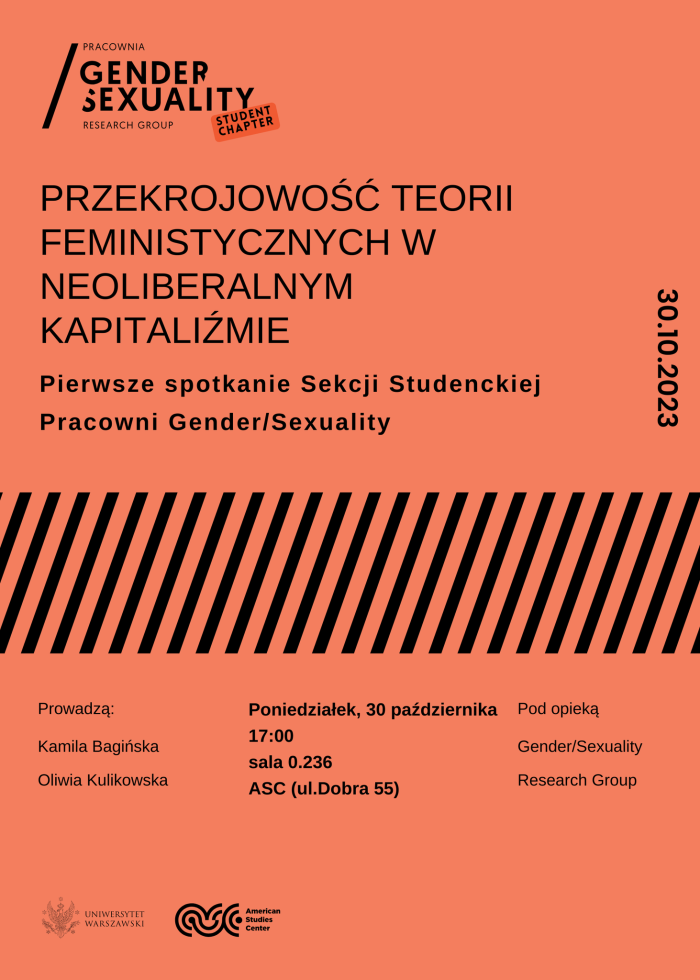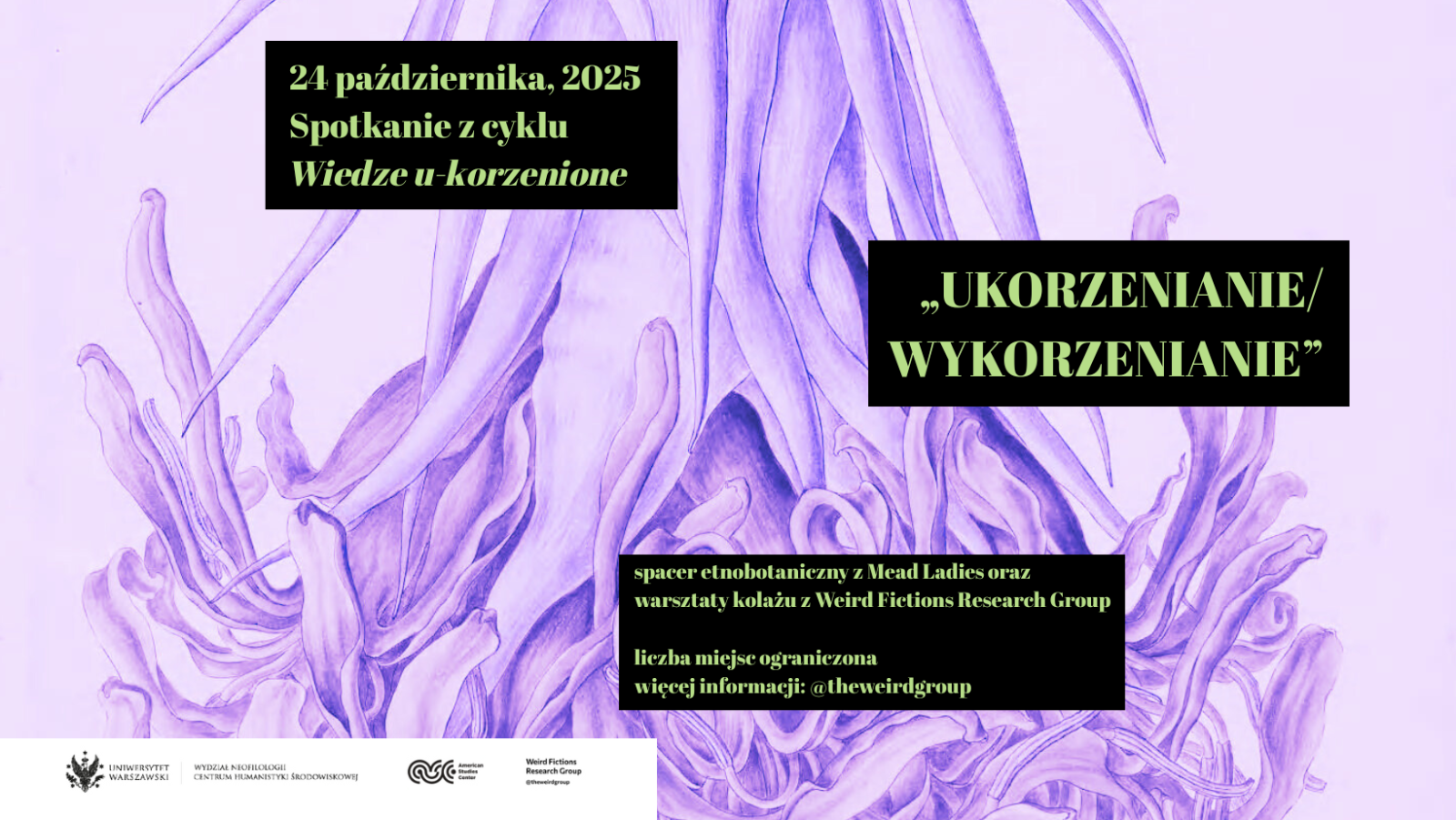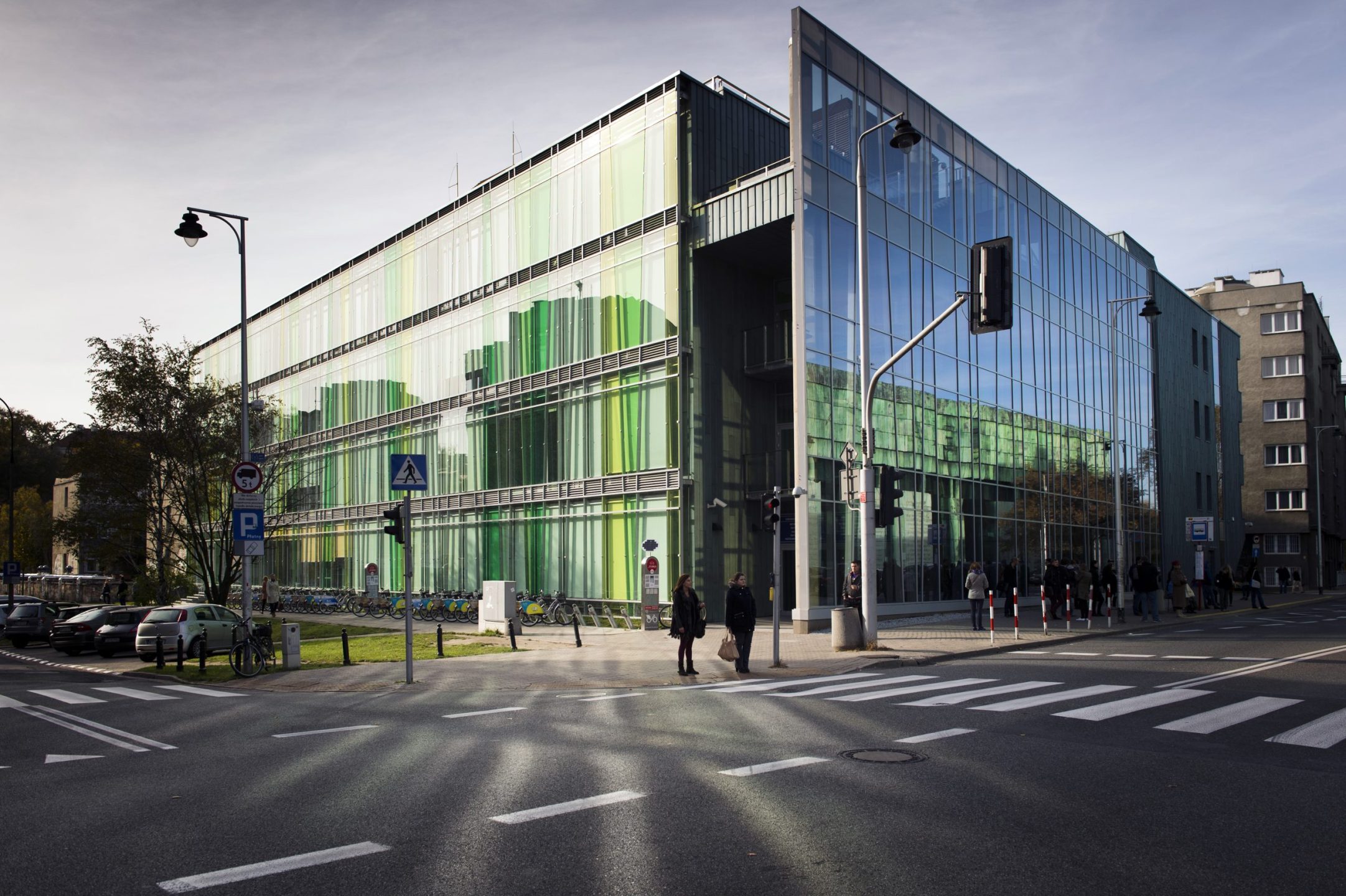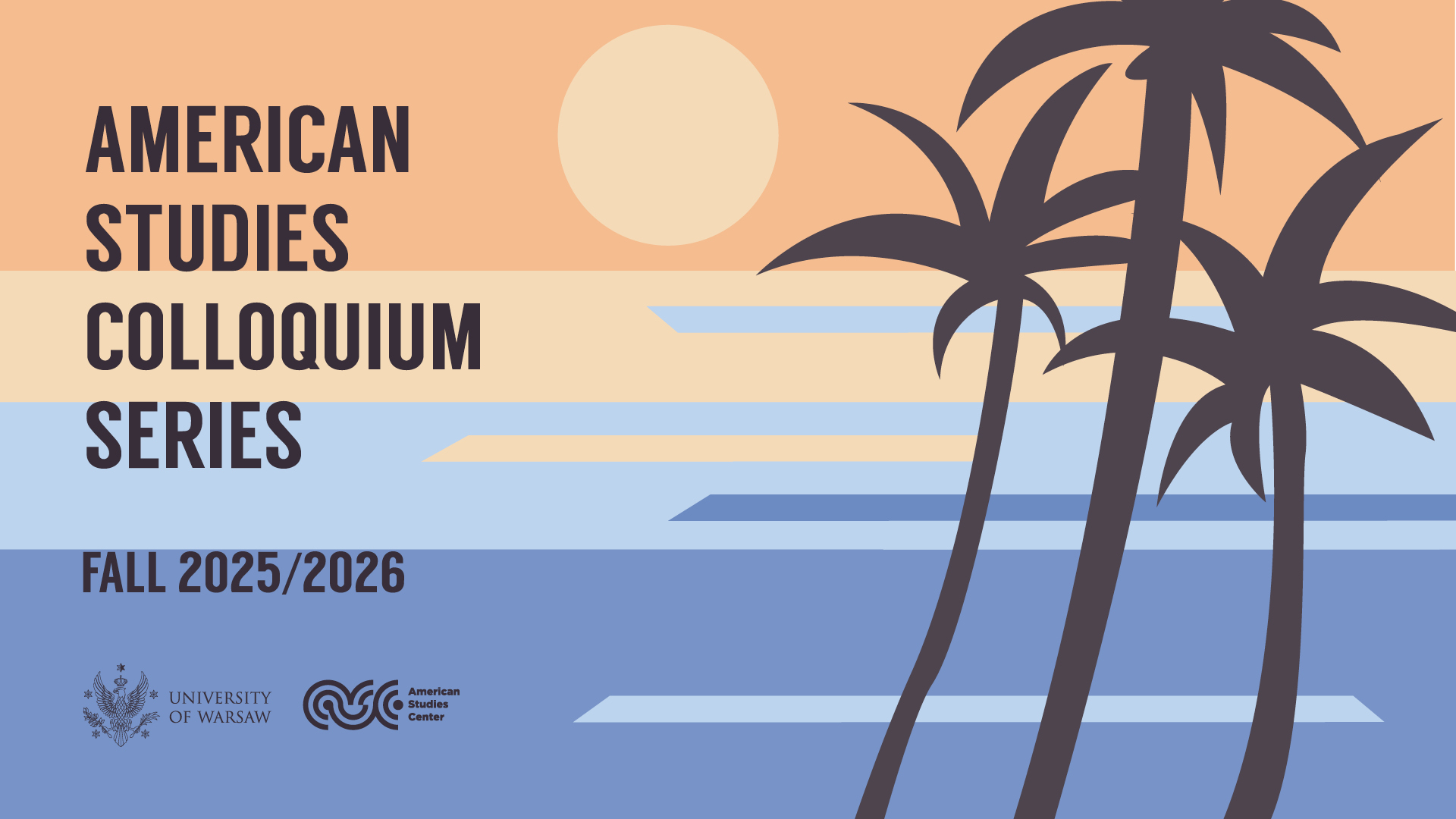Ośrodek Studiów Amerykańskich i Sekcja Studencka Pracowni Gender/Sexuality zapraszają na spotkanie inaguracyjne
Przekrojowość teorii feministycznych w neoliberalnym kapitaliźmie
Poniedziałek, 30 października 2023
17:00
Dobra 55, sala 0.236

Drogie osoby studenckie sympatyzujące z teorią feministyczną!
Mamy przyjemność zaprosić Was na spotkanie inauguracyjne Sekcji Studenckiej Pracowni Gender/Sexuality w Ośrodku Studiów Amerykanistycznych Uniwersytetu Warszawskiego.
Inicjatywa powstała ze strony studentek, które poszukują niezależnej studenckiej przestrzeni do rozmowy i dialogu o współczesnym feminiźmie i teoriach queer. Sekcja będzie funkcjonowała pod opieką Pracowni Gender/Sexuality, a Opiekunką Naukową będzie Doktora Aleksandra Kamińska.
Na spotkaniach będziemy czytać głównie teksty teoretyczne, ale również sięgać po szeroko pojęte teksty kultury. Chcemy stworzyć przestrzeń bezpieczną i przyjazną dla kobiet i osób queerowych, w której będziemy rozmawiać o tym, jak poszczególne teorie obecne w naszej kulturze, mają się do naszego codziennego życia. Będziemy zapraszać osoby autorskie i osoby zajmujące się teoriami queerowo-feministycznymi. Chcemy przybliżyć najważniejsze teksty i zagadnienia osobom, które interesują się feminizmem, ale nie wiedzą gdzie zacząć, jak pogłębić swoją wiedzę lub nie znajdują na to przestrzeni na swoim Wydziale. Serdecznie zapraszamy również osoby spoza Ośrodka. Zależy nam, aby stworzyć grupę różnorodną, z osobami o wielorakich akademickich perspektywach.
Na pierwszym spotkaniu poruszymy podstawowe zagadnienia feministyczne oraz zadamy sobie kilka pytań na temat współczesnej teorii:
– Dlaczego dzisiaj warto czytać teorie feministyczną, jak się ma teoria do praktyki;
– Zbadamy w jaki sposób patriarchat jest inherentnie powiązany z kapitalizmem;
– Przedstawimy główne współczesne nurty feministyczne, takie jak feminizm radykalny oraz feminizm marksistowski;
– Dlaczego feminizm dzisiaj powinien mówić nie tylko o sprawach kobiet, ale również o problemach innych grup dyskryminowanych przez patriarchalno-kapitalistczny system.
Spotkanie rozpocznie się przedstawieniem idei które będą siłą napędową naszej działalności, następnie przedstawią się studentki prowadzące oraz nasza Opiekunka Naukowa Doktora Kamińska powie kilka słów nt. Pracowni Gender/Sexuality funkcjonującej w Ośrodku Studiów Amerykanistycznych pod kierownictwm Doktory Anny Kurowickiej i Doktory Marty Usiekniewicz. Druga część zostanie poświęcona krótkiemu wykładowi na temat powyższych zagadnień. W ostatniej części spotkania porozmawiamy również z uczestnikami i zapoznamy się bliżej.
Prowadzą
Oliwia Kulikowska i Kamila Bagińska
Sekcja Studencka Pracowni Gender/Sexuality



